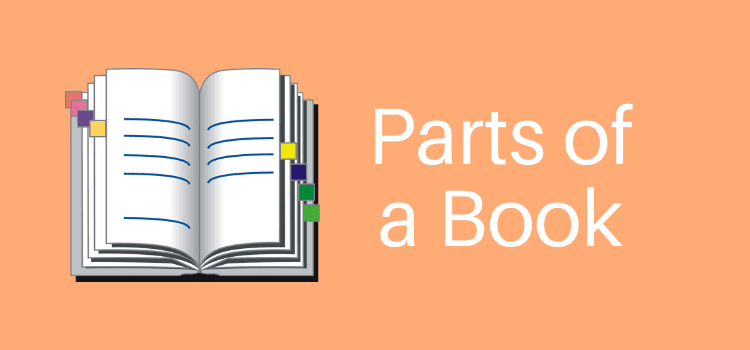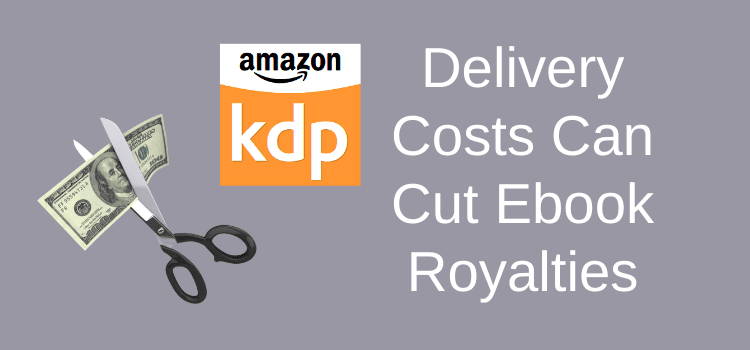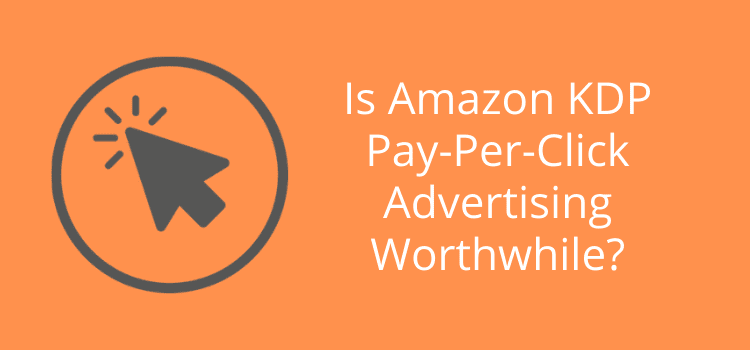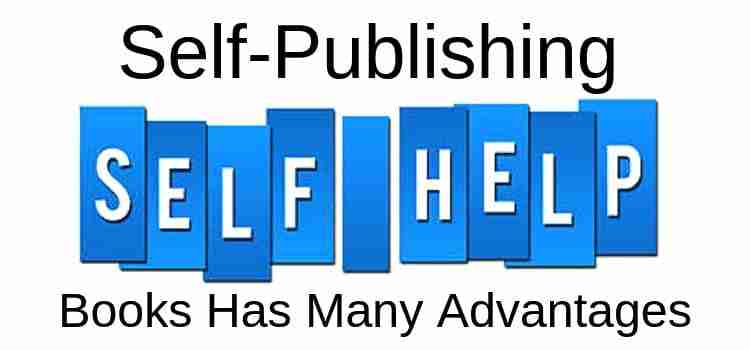
Do self-help books sell? Everyone has heard of Dale Carnegie and his New York Times bestseller, How to Win Friends and Influence People.
People are still reading this book. Although first published in 1936, it remains listed in the top 20 business books on Amazon and has sold over 15 million copies.
It has been popular with people who would like to emulate the habits of highly effective people.
Readers are attracted to books by successful people who offer thought-provoking ideas, life lessons, or ways to grow rich.
Readers love self-help advice & how-to ebooks
Many well-known authors of advice include Tony Robbins, Eckhart Tolle, Jen Sincero, Paulo Coelho, Deepak Chopra, and Wayne Dyer.
Brené Brown is another.
Her TED talk, The Power of Vulnerability, is one of the five most-viewed TED talks in the world.
More recently, Rachel Hollis topped the Amazon book list with her powerful book, Girl, Wash Your Face: Stop Believing the Lies.
In this genre, a great book often emphasizes the power of positive thinking.
Subjects can touch on eliminating negative thoughts, tackling social problems, or encouraging new social movements.
More broadly, unlike fiction books, personal development nonfiction books investigate a problem and offer a solution.
For authors today, it is an ideal category to consider.
We are all experts in some way.
So we possess knowledge that may help people seeking advice.
Do self-help books sell?
Yes.
Personal advice or how-to ebooks come with distinct SEO advantages for an independent publisher or self-publishing author.
The most significant advantage of publishing advice and personal development books and ebooks is discoverability on Amazon Search as well as an Internet search on Google and Bing.
Unlike fiction, the topics and themes of these books are very easy to define.
Because of this, they are ideal for using SEO to aid in being indexed by major search engines.
Fiction discoverability is more or less confined to individual online retailer searches on stores such as Amazon, Apple iBooks, or Barnes & Noble.
But nonfiction, and particularly self-improvement and advice titles, have huge potential for being found on websites, social media, blogs, and by Bing or Google search.
As long as your writing is high quality and you have an eye-catching book cover, you have a good opportunity to attract people who like reading self-help books.
Discoverability potential
To take a simple example, let’s say you write an ebook about golf, and the title is How To Improve Your Golf Swing.
Doing a Google search on the title will bring up a lot of results.
But scroll down to the bottom of the first search page, and you will find SEO gold.
Google will list other popular search terms you can use on your website and ebook retailers in the form of longtail keywords. Here is the list Google suggested.
How do I improve my golf swing, golf swing basics, compact golf swing, golf swing technique, good golf swing tips, proper golf swing, correct golf swing, how to get the perfect golf swing.
Longtail keywords
When you publish a book including these longtail keywords on Amazon, Smashwords, or Draft2Digital, you improve your book’s discoverability.
You can also incorporate them into websites, blogs, and social media posts.
These will help dramatically in attracting highly focused traffic and potential ebook buyers.
For fiction, this use of SEO to attract ebook buyers is not nearly so easy.
As an example, I’ll invent a romantic title. I Left My Heart In Rio.
Entering this title into Google returns no longtail keyword suggestions, and most indexed entries are for songs and YouTube videos.
The best chance of discoverability for fiction comes with hunting down theme-specific keywords and categories.
Answer a question
Another advantage is that self-help books fulfill the number one use of the Internet, which is to answer a question.
From the example, I used above about golf swing when someone uses Google or Bing to ask a question such as, “how can I improve my golf swing?” search engines do not differentiate between a question and a phrase.
So, how to improve your golf swing and how can I improve my golf swing are seen as almost one and the same.
On top of this, the longtail keywords that Google suggests will help in returning results for similar or related questions.
This also works on ebook retailers, as the search function on their sites works in a similar fashion.
The direct route to Amazon Keywords and Categories
If you know exactly what people are searching for, it makes selling books much easier.
You can spend a few hours researching on Google and Amazon search and hoping your selections work.
But there is a better, faster, and more accurate way to get the best keywords and categories for your books.
My example earlier of golf swing is probably not the most popular topic on Amazon Books.
But let’s look at what real-time book data on Amazon reveals by using Publisher Rocket to search the Amazon database.
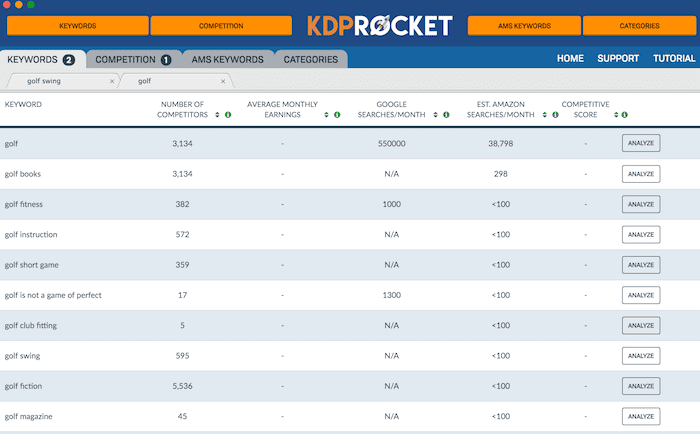
Obviously, golf and golf books are good keywords, with nearly 40,000 searches a month on Amazon.
But with a little more digging, I am sure you could find more keywords.
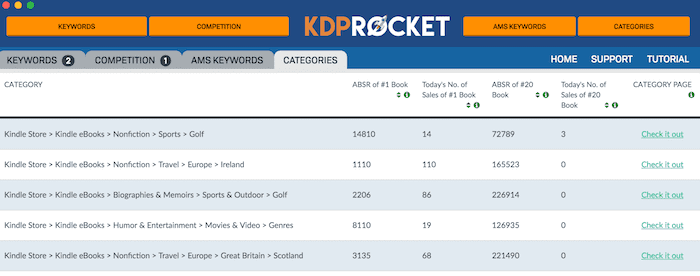
Interestingly, only one category is recording sales today. So that must be the first choice.
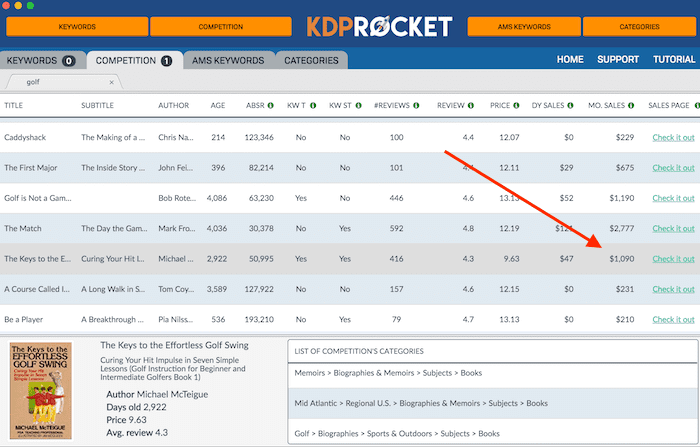
Now, this is very worth noting. There is a book with golf swing in the title, and it is making just over $1,000 per month.
This proves that self-help books really do sell.
With this information, I could put my example book in the same categories and experiment with a few more keywords to help get sales from people searching Amazon for books on golf.
Accessing the Amazon database with Publisher Rocket takes out all the guesswork.
If you are publishing to make money, using real-time data of people who buy books and being able to dig into competitive titles is a huge advantage for you.
Short is sweet and profitable
Publishing self-help books often need a lot of research time when writing your book.
But they do tend to be much shorter than fiction.
Commonly, how-to guides and personal development books rarely run beyond 35,000 words.
So not only are they faster to write, but they are also quicker to edit and proofread.
While nonfiction writing is not for everyone, there are distinct advantages for self-publishers with expertise or experience in niche market sectors to self-publish personal development and advice ebooks.
All you need to do to succeed is to write a great book with a good cover design.
Then use SEO and Amazon data to help you attract book buyers.
Do self-help books sell?
If a book on golf swing is making $1,000 a month, yes.
What is your self-help subject’s selling potential?
Related reading: How To Self-Publish Very Short Books In Print And Ebook

